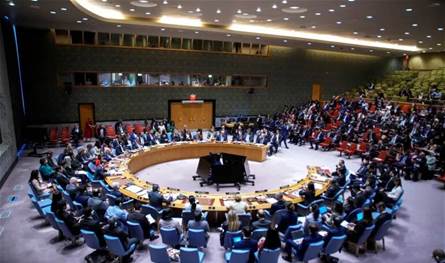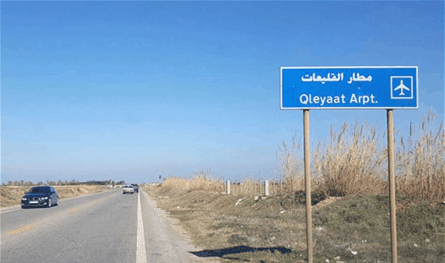Decisions without claws in the face of the Greater Israel project!

The United Nations General Assembly voted with a remarkable majority of a draft resolution that supports “New York” on recognition of the Palestinian state, as it supported 142 countries, while 12 refused and 10 declined to vote. This number in itself reflects an important political and moral balance, and it affirms that the overwhelming majority of the international community has become seen in recognition of the Palestinian state as a legitimate and necessary path. But this result, to its importance, opens the door to an urgent question: What are the effects of the international decisions when an Israeli government faces that no longer refrain from professing its expansion project, so from the United Nations platform, its public maps that cancel Palestine and its borders, and put the whole region in front of the “Greater Israel” project, announces from the United Nations a public maps that cancel Palestine and its borders, and put the whole region in front of the “Greater Israel” project.
Long experience with United Nations resolutions makes it difficult to rely on the texts alone. Since the Nakba until today, dozens of decisions were issued, but no one has dared to compel Israel, especially in the shadow of the American veto that turns every attempt into paper without claws. This reality is what gives Netanyahu double audacity; It is not satisfied with ignoring the international community, but rather behaves as if the United Nations is merely a formal platform, which is above it through its maps and speeches to say to the world that international law does not concern him in anything. It is able to cover the crimes of the hall. It is noteworthy that the biggest mistake that Israel committed was its public targeting of Qatar, as it seemed to go beyond its traditional battle with the Palestinians to open a confrontation with an Arab country with a political, economic and diplomatic presence in more than one square, and it is linked to interlocking relations with the West, from energy and gas to military bases. This behavior did not weaken the position of Qatar, as the leaders of Al -Han deluded, but he expanded the circle of confrontation against them, and gave the impression that Israel was in hostility with everyone who objects to its policies, which accelerated its transformation into a burden on its allies instead of being a force of strength in their hand. Thus, the targeting turned into an additional strategic error deeper than its isolation and revealing it more in front of the world public opinion. As for the Arab level, the letters of the foreign ministers of the Security Council came to the traditional method itself: a sober tone, a balanced diplomatic language, and direct messages against the Edition. Although these positions have not yet been turned into a process of practical steps equal to the size of the challenge, they remain important in stabilizing the official Arab position, especially when they intersect with broad international support and with a state of popular solidarity that grows day after day. The challenge here is that Israel is always betting on the separation of the Arab street and the official decision, but the meeting of the two constitutes a pressure component that cannot be ignored, even if its results do not appear quickly in the field. Geopolis draws the region according to the balance of American and Israeli interests, and completely isolated from the will of peoples. Here, specifically lies the seriousness of the scene, as the majority says yes, while the minority with the keys to power insists on rejection, which turns the numerical victory into an unequal confrontation on the ground. However, the value of this international accumulation cannot be reduced. The image of Israel as a “natural” state in the international community is eroding day by day, and what was marketed for it as a Western consensus is no longer convincing to international public opinion. More importantly, the Palestinian issue turned into a global moral standard, from Madrid to the capitals of Latin America, where the boycott movements are progressing and claims to impose sanctions. These moves reveal that the conflict is no longer confined to the negotiating halls, but rather moved to the awareness of peoples, which is what Israel or its supporters cannot control. In the end, the decisions are not sufficient to drop the “Greater Israel” project, nor the speeches alone are able to protect the Palestinians from the killing and siege machine. But the integrity of the growing international isolation, with a escalating popular solidarity, and with an official Arab position, even with its current borders, draws a new image: Israel is more isolated, and more unable to market itself as a natural country. The question remains on the basis: To what extent these elements can accumulate to turn into a pressure force that imposes new facts, instead of remaining just texts that are read in the halls and applauding people from afar?
The post Decisions without claws in the face of the Greater Israel project! appeared first on 961 tobay Lebanon today.
















